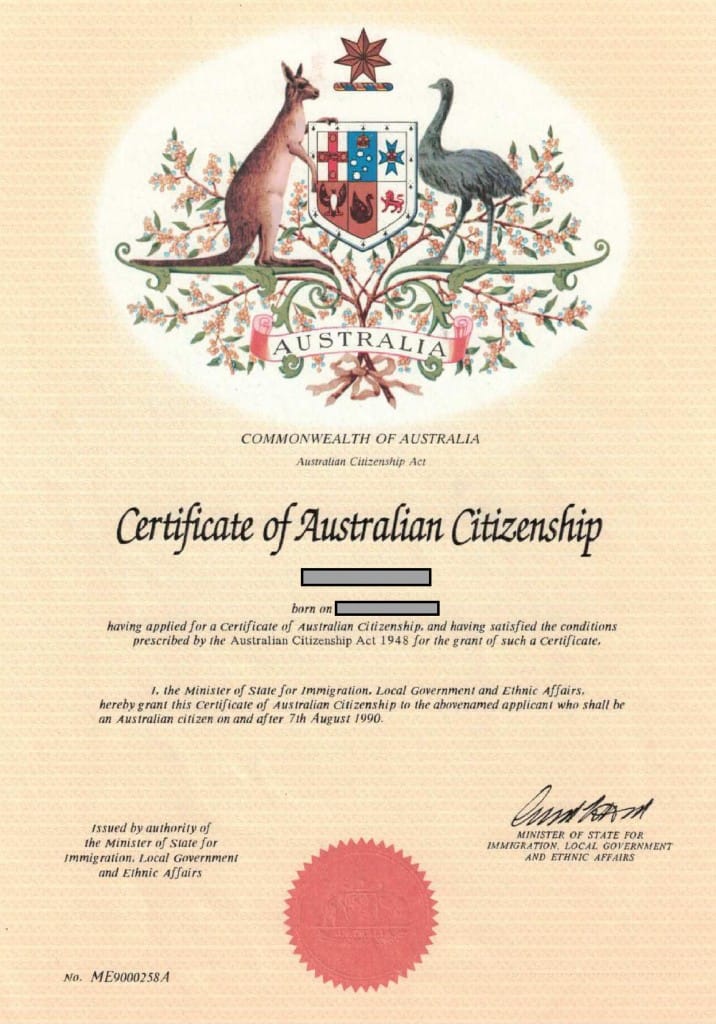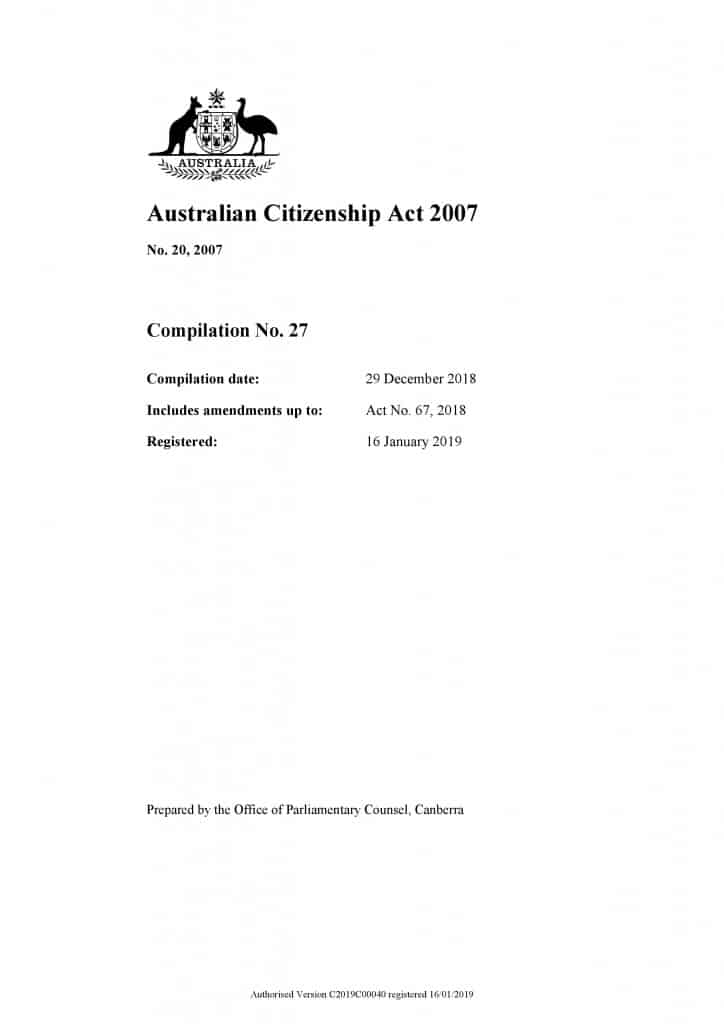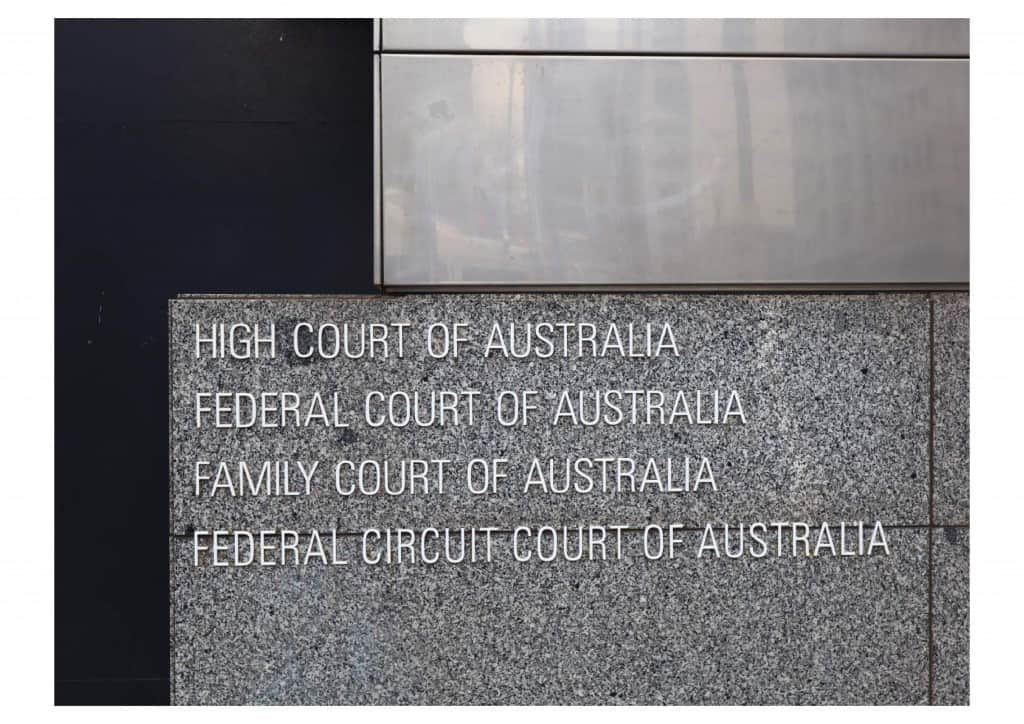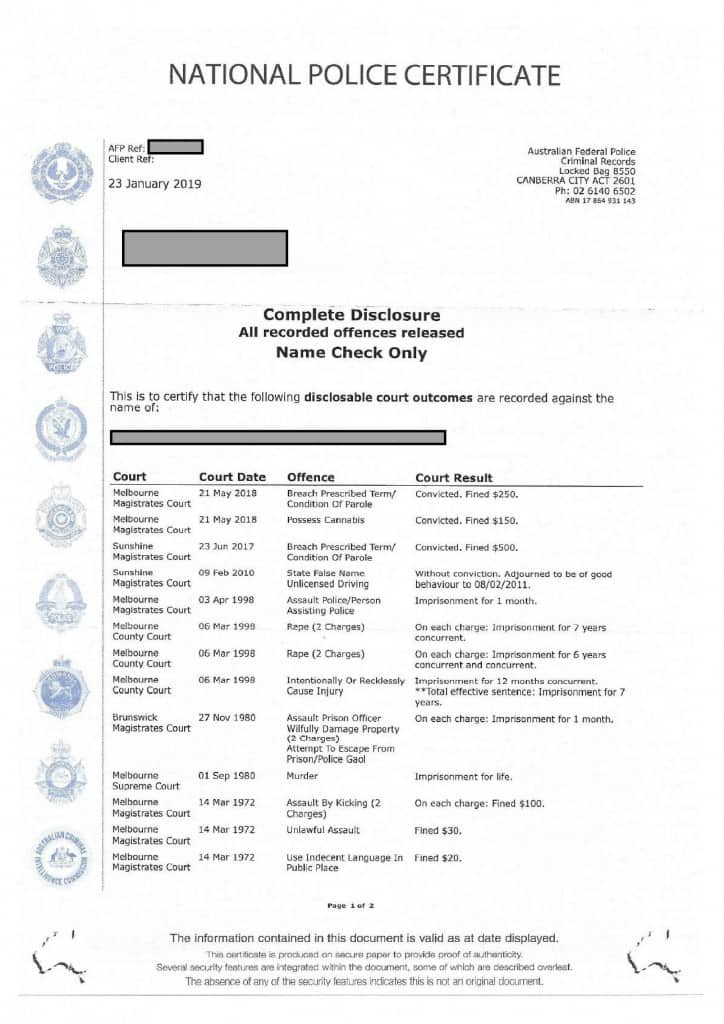Australian citizenship and character requirements go hand-in-hand and whether you will be granted Australian citizenship will depend on whether you are of good character.


Australian citizenship application and character requirements
Australian Citizenship and Character Requirements – when applying for Australian citizenship you are required to be of good character. Why is Australian Citizenship and Character Requirements so important and what is the meaning of good character?

Australian Citizenship Act 2007
By law (Citizenship Act 2007) you are eligible to apply for Australian citizenship by conferral if you meet certain requirements, including character requirements. These requirements are found in section 21(2)(a) to (h) and all of these requirements must be met, including residence requirements (click here to learn more about residence requirements) before you can be granted Australian citizenship. Click here to learn how to provide evidence of your citizenship if you are born in Australia.
You will only become an Australian citizen once you have taken the mandated pledge of commitment (section 26).
Good Character
One of the section 21(2) requirements require you to be of good character at the time of decision to grant or refuse your Australian citizenship application. What this mean is that the decision-maker must be satisfied that you are of good character when the decision on your Australian citizenship application is made.
The meaning of “good character” is not defined in the Citizenship Act. The decision-maker must therefore be guided by court interpretation of what constitute good character and by the Australian Citizenship Policy.
The decision-maker is required to consider the issues of character until they are “satisfied” on a reasonable basis that you are, or are not, of good character when considering your application for Australian citizenship.

Good character is defined by the Court
The Court in Irving v Minister for Immigration, Local Government and Ethnic Affairs (1996) 68 FCR 422 at 431-432 said the words good character should be taken to be used in their ordinary sense, namely, a reference to the enduring moral qualities of a person, and not to the good standing, fame or repute of that person in the community. What this mean is that, for example, a person who has been convicted of a serious crime may show that he or she has reformed and is of good character (an objective assessment proven by fact). While a person who is of good repute (a subjective public opinion) may be shown by objective assessment to be a person of bad character.
Community Standards
An assessment of whether a person is of good character must have regard to the community standards. In Zheng v Minister for Immigration and Citizenship (2011) AATA 304 at [120], community standard is loyalty to Australia, a belief in a democratic form of government, a respect for the rights and liberties of all Australian and obedience to and observance of the law.
In addition, there should be some evidence of what the Australian citizenship applicant says, does or what they are heard to say or seen to do as evidence of their acceptance of the values and norms to which they are expected to adhere and be loyal.
Characteristics of good character in an Australian citizenship application
According to the Citizenship Policy, you are of good character if you respect and abide by the law in Australia and other countries. In addition, you:
- must be honest and financially responsible, for example, pay taxes and not be in dishonest receipt of public funds;
- must not be violent, involves in drugs or unlawful sexual activity, and not cause harm to others through your conduct, for example, recklessness exhibited by negligent or drink driving, excessive speeding or driving without licence or insurance;
- must not be associated with others who are involved in anti-social or criminal behaviour, or others who do not uphold and obey the laws of Australia;
- must not have evaded immigration control or assisted others to do so, or been involved in the illegal movement of people;
- must not have committed, been involved with or associated with war crimes, crimes against humanity and/or genocide
- must not be the subject of any extradition order or other international arrest warrant
- must not be involved in or providing assistance to, or reasonably suspected of being involved in or providing assistance to, terrorist organisations or acts of terrorism overseas or in Australia
- must not be the subject of any verifiable information causing character doubts and
- are truthful and not practice deception or fraud in
their dealings with the Australian Government, or other governments and
organisations, for eg:
- providing false personal information (such as fraudulent work experience or qualification documents) or other material deception during visa and citizenship applications
- involvement in bogus marriage
- concealment of convictions that could lead to the cancellation or refusal of a visa or citizenship
- involvement in Centrelink or ATO fraud
- giving false names and/or addresses to police
The decision-maker in deciding your Australian citizenship application is not allowed to apply their own personal standards but to apply community standards. The decision-maker will ask themselves:
- would a person of good character have behaved the way the applicant did;
- what is there to demonstrate that the applicant has upheld and obeyed the law;
- has the applicant behaved in accordance with Australia’s community standards; and
- does the applicant share Australia’s democratic beliefs and respects its rights and liberties
Criminal history

AFP National Police Certificate list your criminal history
If you have bad character because of your criminal history, can you apply for Australian citizenship as you may not be able to satisfy the character requirements?
If you have a criminal history, the decision-maker will consider the seriousness of the crime, the length of time since you committed the offence and whether you have been rehabilitated: Kakar and Minister for Immigration and Multicultural Affairs [2002] AATA 132 at [14].
Serious offence
What is a serious offence, with respect to Australian citizenship and character requirements, is not defined but if you have been convicted of an offence against an Australian law or a foreign law and has been sentenced to death or a prison sentence of at least 12 months, you are considered to have committed a serious offence: section 34(5); Kalakoda and Minister for Home Affairs (Citizenship) [2019] AATA 3408 at [31].
Length of time since offending
The length of time since your last offending is calculated from the date of the last commission of the offence and the granting of an application for Australia citizenship: Kakar and Minister for Immigration and Multicultural Affairs [2002] AATA 132.
Rehabilitation
If a sufficient length of time has lapsed or your sentence has been converted to a good behaviour bond or Community Corrections Order and you have completed your community work and rehabilitation programs, it can be said that you have demonstrated enduring moral qualities of which good character is demonstrated objectively: Assafiri and Minister for Immigration and Border Protection [2014] AATA 35.
If since your last offending you have not engaged in any criminal conduct or disrespected or disregarded any of Australian laws or foreign laws, and you completed your rehabilitation programs, it can be said that your rehabilitation has been of lasting benefit to you: Mahmood and Minister for Immigration and Border Protection (Citizenship) [2017] AATA 2033. It can also be said that your character has been restored to the required level and you should be given credit for maintaining a record without any further convictions for any offence: Seo and Minister for Home Affairs (Citizenship) [2019] AATA 3649.
What other evidence to establish good character?
- Character references from friends and work colleagues. They must be aware of your offending
- Evidence of employment history
- Evidence of courses completed
- Evidence that you have cooperated with the Department of Home Affairs and/or the authorities
- Evidence of your age at the time of offending
- Evidence of supporting your community, your place of worship, your or your children school, etc
- Evidence of you helping others
- Evidence of the sentencing magistrate or judge comments on your offending
- Reports from psychologist and/or social worker of your successful completion of your rehabilitation programs and their opinion as to the likelihood of future offending
- Evidence of how you have made effort to improve your life and avoid further offending: The Trustees for Fuzzy Events Unit Trust and Minister for Home Affairs (Migration) [2018] AATA 3272 at [65].
In addition, with respect to your Australian citizenship application and character requirements, it is the Australian ethos to display a degree of informed tolerance for those who have committed an offence in the past and they should be given the opportunity for a second chance: Do and Minister for Immigration and Border Protection [2016] AATA 999 at [68].
The Department should, when considering your Australian citizenship application and the character requirements, also look holistically at your behaviour from the time you arrived in Australia until now. And whether you have objectively demonstrated that you are of good character, if not for your offending, since living in Australia: Irving v Minister for Immigration, Local Government and Ethnic Affairs (1996) 68 FCR 422; Hussaini and Minister for Immigration and Border Protection [2014] AATA 715.
There are 7 ways you could lose your Australian citizenship, click here to learn how.
Australian citizenship law is complex and difficult to understand, contact our immigration lawyer for a consultation (fee applies) to help you understand Australian Citizenship and Character Requirements or click here to learn whether you have to sit for the citizenship test or click here to find other answers.

 041 222 4020 or WeChat: AUDvisa
041 222 4020 or WeChat: AUDvisa
This article is not intended to be or taken as Australian citizenship and character legal advice. The author of this article disclaims any liability for any action or omission on the information provided or not provided in this article. You should always consult an immigration lawyer or a registered migration agent to form an informed opinion on your citizenship matter



